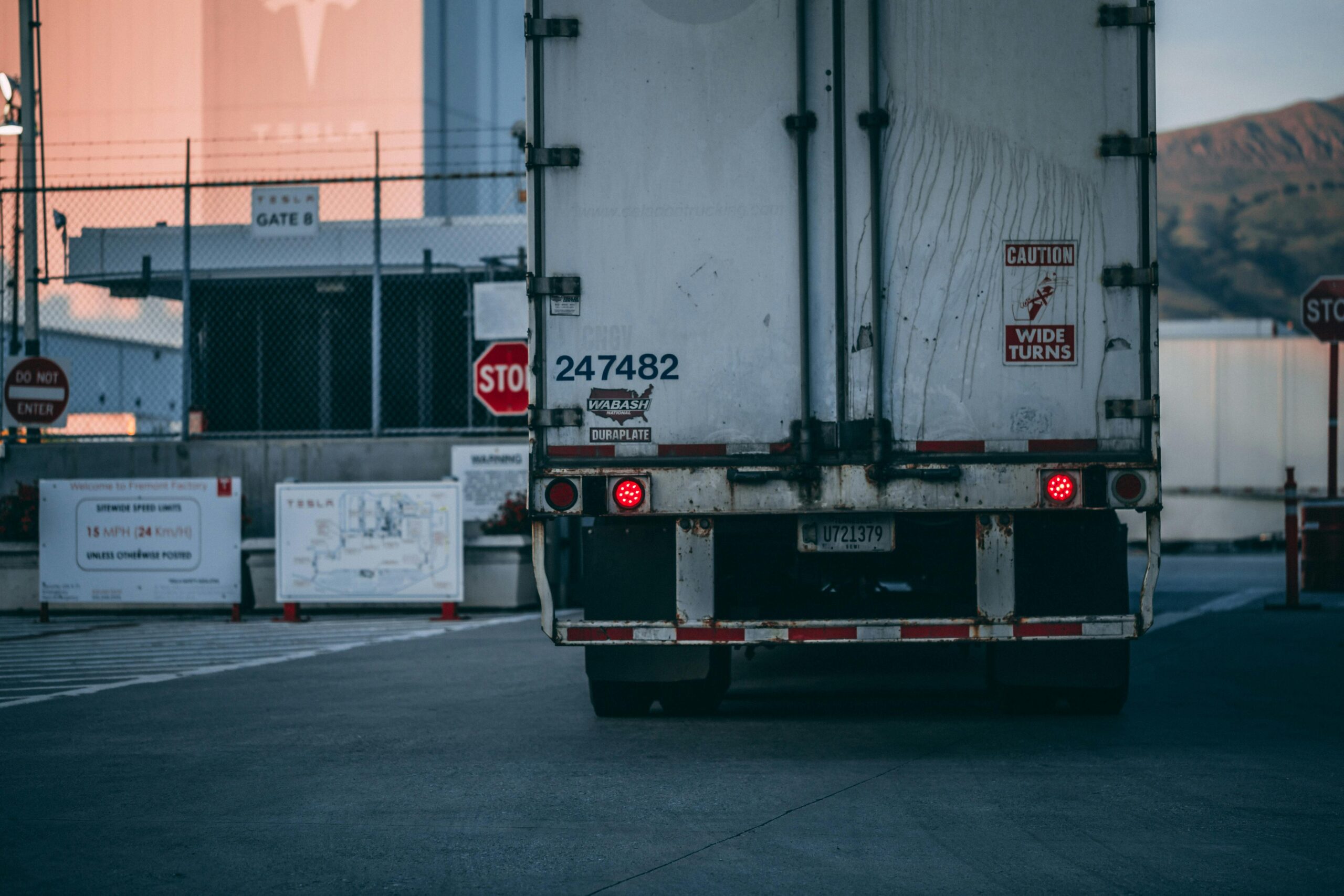8 Facts about Warehouse Managers
Last Updated on July 12, 2025
Warehouses are often viewed as standalone buildings solely for storage, but many are actually integrated with manufacturing facilities. This setup allows for the storage of ingredients both before and after production.
Proper ingredient storage is essential for quality, safety and freshness. Every food manufacturing facility has a warehouse because it serves as a central location where food can be received, stored, and dispatched. In a cookie factory, raw ingredients such as flour, sugar, and chocolate chips are stored in the warehouse before being used. After these ingredients have been processed (and the cookies made!), the finished cookies are also stored in the warehouse before being shipped to retailers or distributors.
Managing the movement of foods inside and outside the manufacturing facility can be challenging. Unlike durable items, food has a limited expiry date and can pose food safety concerns if not stored properly. To address these challenges, facilities hire Warehouse Managers to ensure that food is safe, ready, and prepared for shipment to customers.
1. Warehouse managers oversee warehouses
Warehouse managers are responsible for overseeing and managing warehouses that are attached to food processing facilities. They supervise the movement of ingredients and products from when they are received at a warehouse to when they leave the facility. Their primary responsibilities include leading teams, maintaining warehouse organization, and coordinating with other departments to ensure timely product delivery.
Warehouse managers prioritize safety by promoting teamwork, adhering to food safety policies, and planning preventive maintenance on equipment. They also lend a hand with physical work, such as lifting large items or operating a forklift. Throughout their role, they will utilize essential skills such as decision-making, communication, and technological aptitude to ensure effective warehouse management.
2. Warehouse managers ensure that products come out on time and with the right documentation
Warehouse managers work hard to ensure that warehouses run smoothly. However, warehouses are fast-paced environments where items are quickly moving in and out of a facility. As a warehouse supervisor, even a moment of distraction can lead to mistakes. To prevent errors, they implement several key strategies:
-
- Having proper receiving procedures: By implementing standard receiving procedures, warehouse managers can more effectively assess the accuracy and condition of incoming items.
- Following quality control measures: Managers may perform random or systematic quality checks during the receiving process to ensure that only acceptable items are stored and shipped.
- Checking documentation: Once an item enters a facility, its products are monitored through tracking processes. A warehouse manager ensures that all products are accounted for, which also assists production managers in planning upcoming production runs.
3. Warehouse managers are effective leaders
The core responsibility of a warehouse manager is to lead team members. They direct staff to ensure that shipping schedules are met and optimized based on the production at their manufacturing facility. Additionally, warehouse managers ensure that warehouses are organized and clean, and that all items can be easily located.
As an upper management position, they must also collaborate with other departments such as maintenance, production and purchasing. Although everyone has their own priorities, managers must ensure that the company’s overall needs are met.
4. Warehouse managers have educational backgrounds in supply chain management
The education needed to become a warehouse manager is quite flexible. In some warehouses, you will find production managers who only possess high school degrees. This is because they have worked as a warehouse associate and progressed up the ladder. This path usually involves starting as a warehouse staff and then working up to a shift supervisor.
In contrast, other companies (usually larger ones) require potential candidates to have a degree or diploma in business, supply chain management or logistics. Companies that need this typically do so because the manager has more logistics-related responsibilities.
5. Warehouse managers help coordinate transportation
Logistics in the context of a warehouse refers to managing all the activities involved in getting products from a warehouse to their final destination. Although many professionals in a food facility help get products from one location to another, such as logistics managers, warehouse managers may still get involved in special cases. Many warehouse managers coordinate with transportation providers such as shipping companies or trucking firms.
For example, in a cookie-making facility, there might have been a skid of missed materials that needed to be delivered urgently to a customer. Because it is a warehouse-specific delivery, the warehouse manager may take it upon themselves to find a way to get the product to the customer. This could involve phoning a same-day trucking service to deliver the skid or coordinating the movement into another shipment.
A warehouse manager might coordinate the logistics of getting this skid to the customers. This could involve calling a trucking company to collect the skids and confirming receipt with the warehouse manager at another facility.
6. Warehouse managers care about safety
A good warehouse manager always prioritizes safety. They emphasize safe work environments by promoting teamwork among team members. They can create safe work environments by being knowledgeable about the latest policies and regulations set forth by various governments and workplace safety associations.
Warehouse managers plan preventive maintenance on equipment necessary to the warehouse, such as forklifts, to enhance safety. Preventive maintenance is predetermined work performed according to a schedule to prevent wear and tear or sudden failure of equipment components. By properly maintaining machinery, supervisors reduce the risk of malfunctioning machines and potential worker hazards.
Although physical safety isn’t their only priority, food safety is also at the top of a warehouse manager’s mind. Warehouse managers ensure that their warehouses and associates follow proper food safety policies and procedures. This includes ensuring that skids of products are stored in appropriate refrigeration conditions and warehouses are free from pests (like bugs and animals). They will monitor and ensure compliance in operations, inventory control practices, training, security, safety and productivity.
7. Warehouse managers can put in work too
It isn’t below a warehouse manager to also lend a hand and help out their colleagues. Sometimes in a facility, things go wrong, skids break, and things need to be physically put back together by hand. A warehouse manager needs to be physically capable of lifting large items. Additionally, suppose an organization is on a tight deadline, or an item was forgotten on a shipment. In that case, a warehouse manager can hop on a forklift and put the item on the truck at the last minute.
8. Warehouse managers need to know how to use computers, make good decisions and communicate effectively
As with any occupation, there are certain sets of skills. which will aid you better than others. For a Warehouse Manager these skills include:
- Technological aptitude – In today’s digital age, warehouse managers need some proficiency in computer skills. They need to have good computer skills which allows them to use Microsoft applications, inventory management programs and other resource planning software.
- Decision-making – Warehouse managers need strong decision-making skills and the ability to adapt to changing circumstances. They analyze data to make timely decisions and adjust strategies as necessary, ensuring optimal operations. This flexibility allows them to effectively respond to evolving challenges and seize opportunities for improved efficiency and success in the warehouse.
- Communication – As supervisors, warehouse managers communicate through various channels to ensure proper movement of goods. Much of their communication is verbal, occurring during meetings, briefings, and one-on-one discussions, where they convey goals, instructions, and feedback.




leave your comment